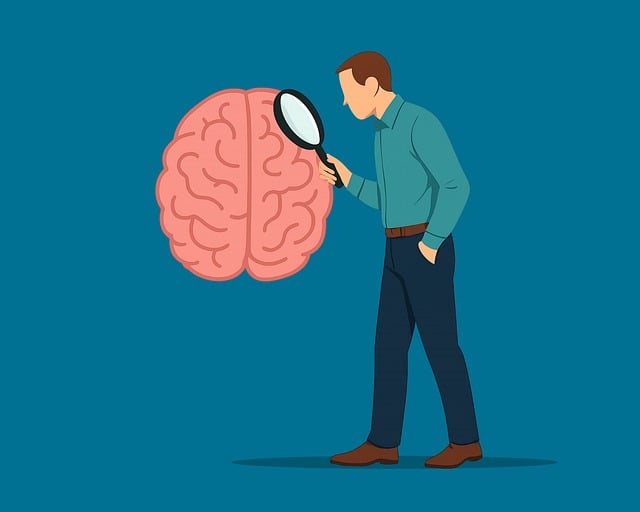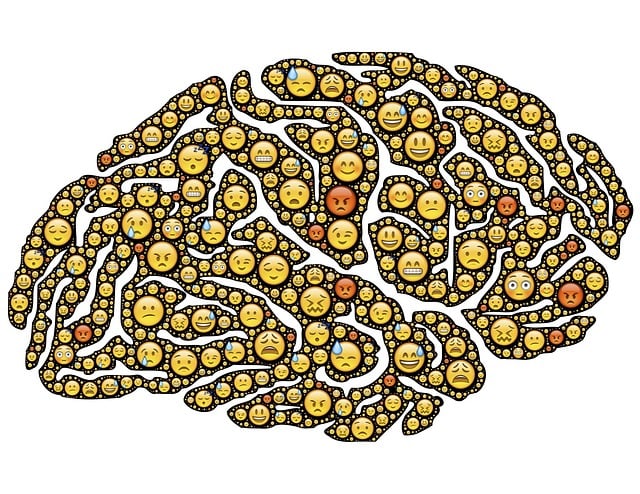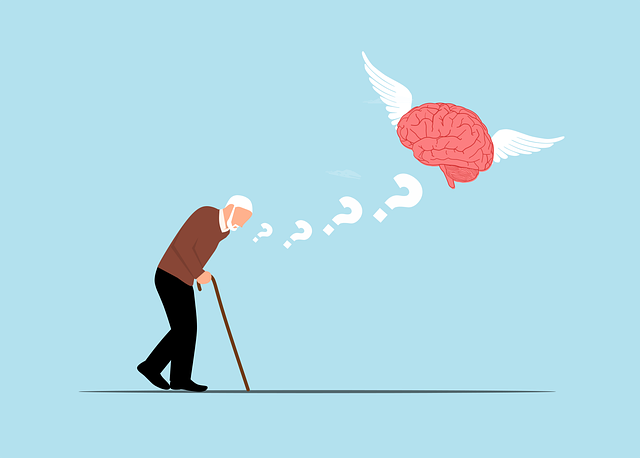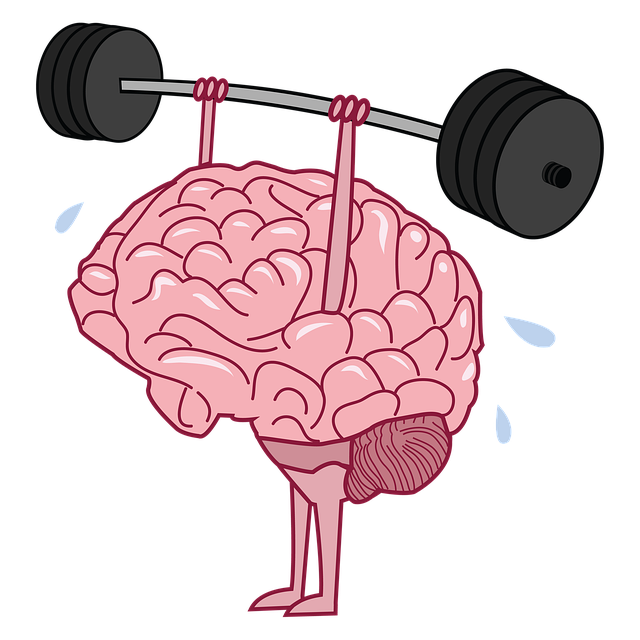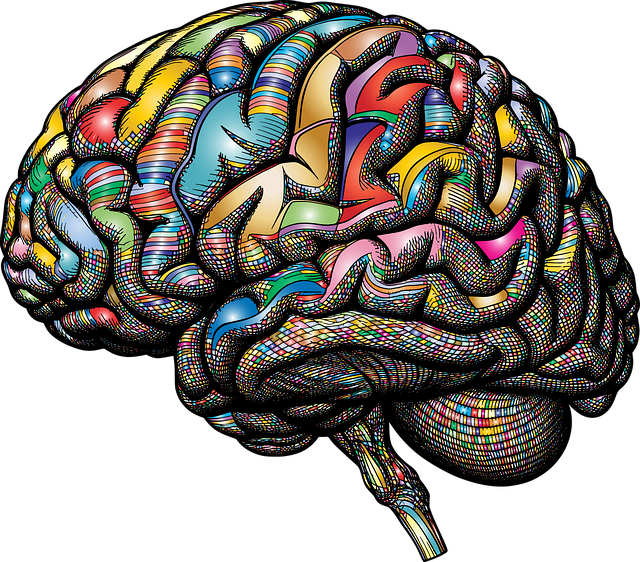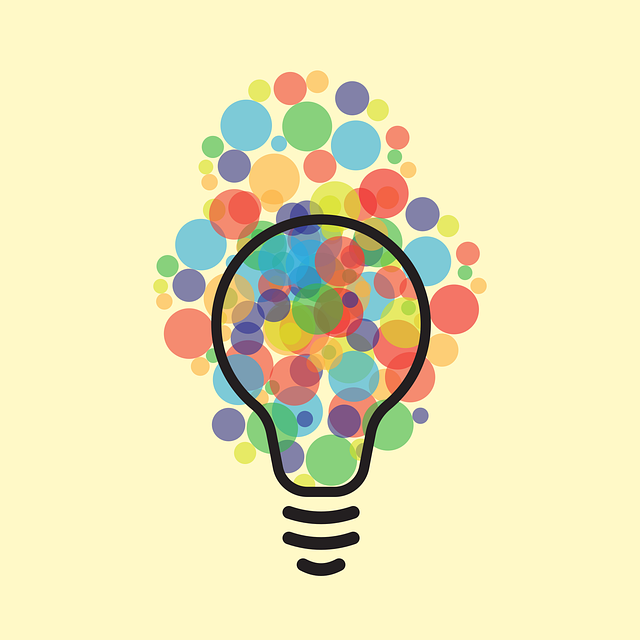Self-care is a cornerstone of mental health recovery, especially for those at Northglenn Drug Abuse-Substance Abuse Therapy centers. It involves tailored actions like exercise, mindfulness, and therapy to manage stress, improve mood, and build resilience. Overcoming barriers like shame, trauma, and depression requires supportive environments and personalized education. Prioritizing self-care in today's world includes raising awareness, adopting healthier habits (e.g., exercise, mindfulness), and maintaining routines for improved physical and mental well-being.
In today’s fast-paced world, prioritizing self-care is more crucial than ever for maintaining mental health. This comprehensive guide explores the profound impact of self-care on our well-being, highlighting its potential to mitigate stress and foster resilience. For individuals navigating Northglenn Drug Abuse-Substance Abuse Therapy, understanding and adopting effective self-care practices can be transformative. We delve into identifying barriers specific to this context and offer strategic solutions to enhance self-care journeys, promoting holistic healing and recovery.
- Understanding Self-Care and Its Impact on Mental Health
- Identifying Barriers to Effective Self-Care in Northglenn Drug Abuse-Substance Abuse Therapy
- Strategies for Enhancing Self-Care Practices: A Comprehensive Guide
Understanding Self-Care and Its Impact on Mental Health

Self-care is an essential aspect of maintaining good mental health and overall well-being. It involves intentional actions taken to nurture one’s physical, emotional, and psychological needs. By prioritizing self-care, individuals can enhance their ability to manage stress, improve mood, and boost resilience. Practicing self-care looks different for everyone; it could be engaging in regular exercise, setting boundaries, practicing mindfulness, or pursuing hobbies. These activities contribute to a healthier balance in life, especially when one is recovering from substance abuse like Northglenn Drug Abuse-Substance Abuse Therapy patients.
Trauma Support Services and Anxiety Relief techniques are valuable tools within the realm of self-care, particularly for those who have experienced challenging life events or struggle with mental health disorders. Emotional Healing Processes can be facilitated through various means, including therapy, support groups, meditation, or engaging in creative outlets. Incorporating these practices into daily routines allows individuals to take control of their mental health and cultivate a deeper sense of self-love and compassion, which is crucial for long-term well-being.
Identifying Barriers to Effective Self-Care in Northglenn Drug Abuse-Substance Abuse Therapy

In Northglenn Drug Abuse-Substance Abuse Therapy, individuals often face unique challenges that can act as barriers to implementing effective self-care practices. These obstacles may include a lack of awareness about the importance of self-nurturing, especially in communities where mental health education programs are limited. Many clients struggle with feelings of guilt or shame associated with prioritizing self-wellness, often considering it a luxury rather than a necessity. The impact of past traumas and long-term substance abuse can also hinder their ability to engage in consistent self-care routines.
Additionally, the complex nature of depression prevention strategies might seem daunting for those newly entering therapy. Northglenn Drug Abuse-Substance Abuse Therapy aims to address these challenges by providing a supportive environment that encourages clients to explore and overcome personal barriers. Through tailored approaches, such as confidence-boosting activities and personalized mental health education, individuals can learn to recognize and dismiss self-sabotaging thoughts, paving the way for sustainable self-care habits.
Strategies for Enhancing Self-Care Practices: A Comprehensive Guide

In today’s fast-paced world, prioritizing self-care is more crucial than ever for maintaining both physical and mental well-being. The journey to enhancing self-care practices begins with awareness and a commitment to adopting healthier habits. One effective strategy is incorporating regular exercise, which not only boosts energy levels but also serves as a powerful tool for stress reduction and mental clarity. Northglenn Drug Abuse-Substance Abuse Therapy centers often emphasize the importance of physical activity in their programs because it fosters inner strength development and promotes a sense of accomplishment.
Additionally, cultivating mindfulness through practices like meditation or journaling can significantly impact one’s ability to manage stress and emotions effectively. Mental Health Awareness campaigns have highlighted these techniques as essential tools for conflict resolution within oneself. By taking time each day to reflect and process thoughts, individuals can build resilience and better navigate life’s challenges. Incorporating self-care into daily routines, whether through creative outlets, quality sleep, or engaging in hobbies, ensures that one’s inner sanctuary remains nurtured and strengthened, ultimately leading to a healthier and more balanced lifestyle.
In light of the above discussions, it’s clear that enhancing self-care practices is a crucial step towards improving mental health, especially for individuals engaged in Northglenn Drug Abuse-Substance Abuse Therapy. By understanding the barriers and employing comprehensive strategies, one can navigate their journey to better well-being. Remember that self-care is not just a suggestion but a necessary tool for managing stress and fostering resilience. Take a dive into these practices to revolutionize your mental health and overall lifestyle.

